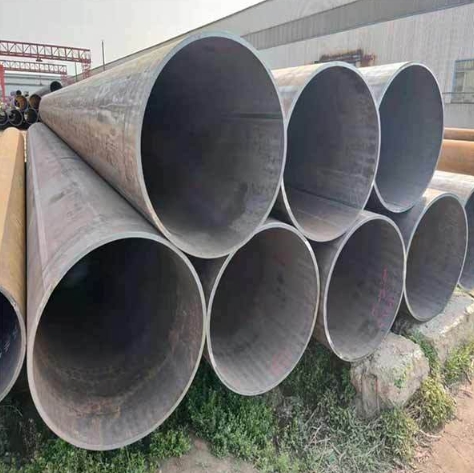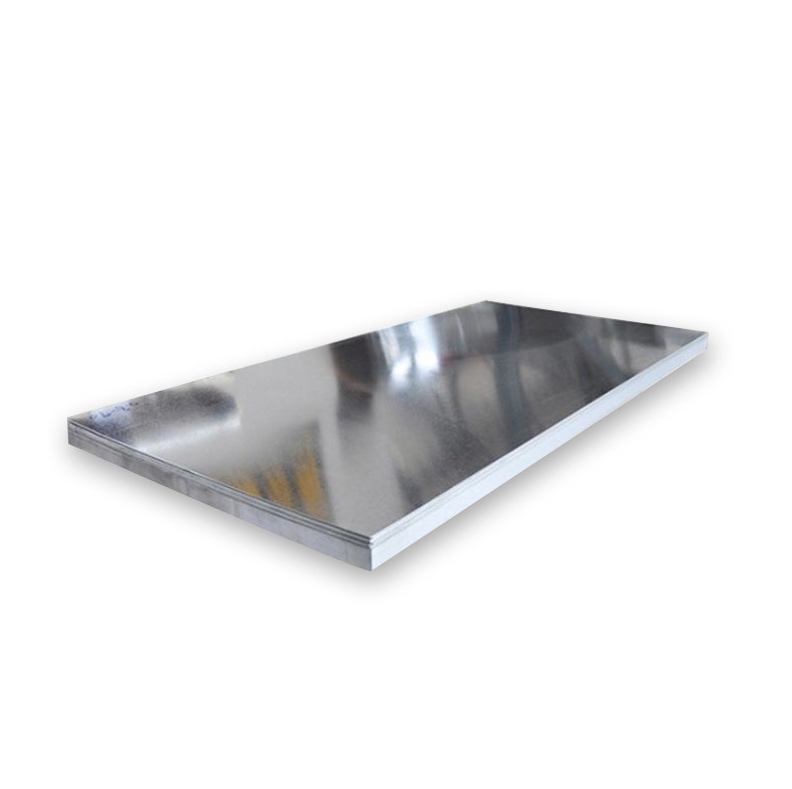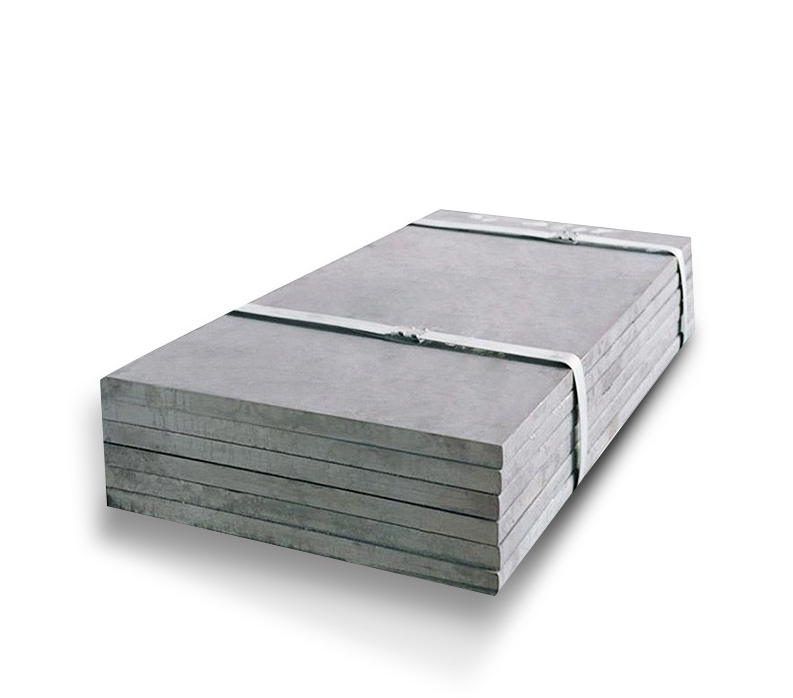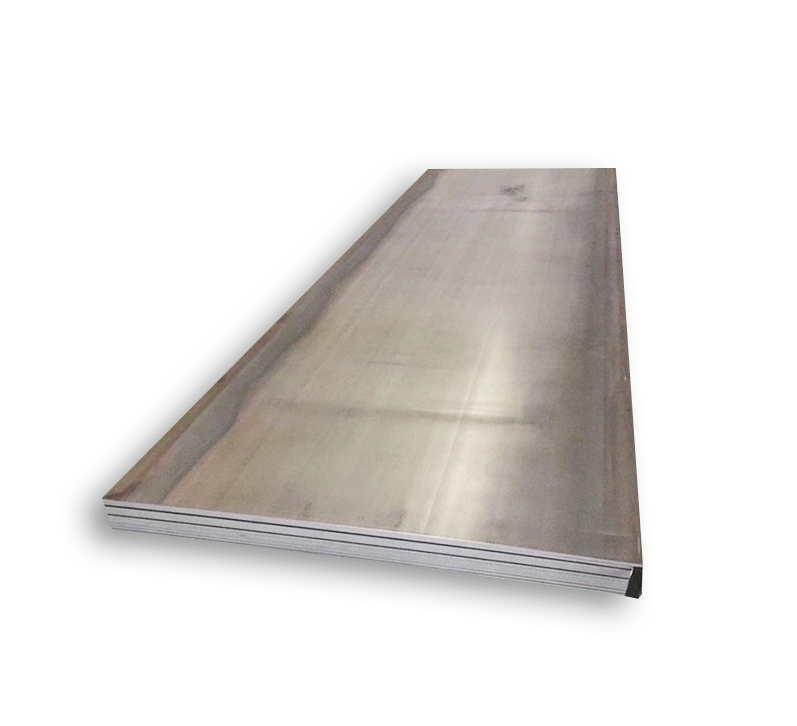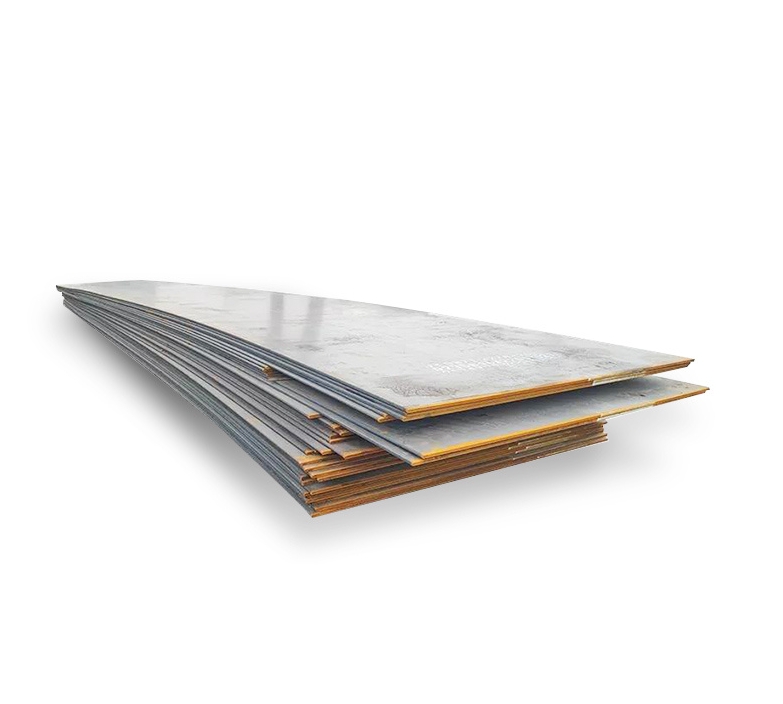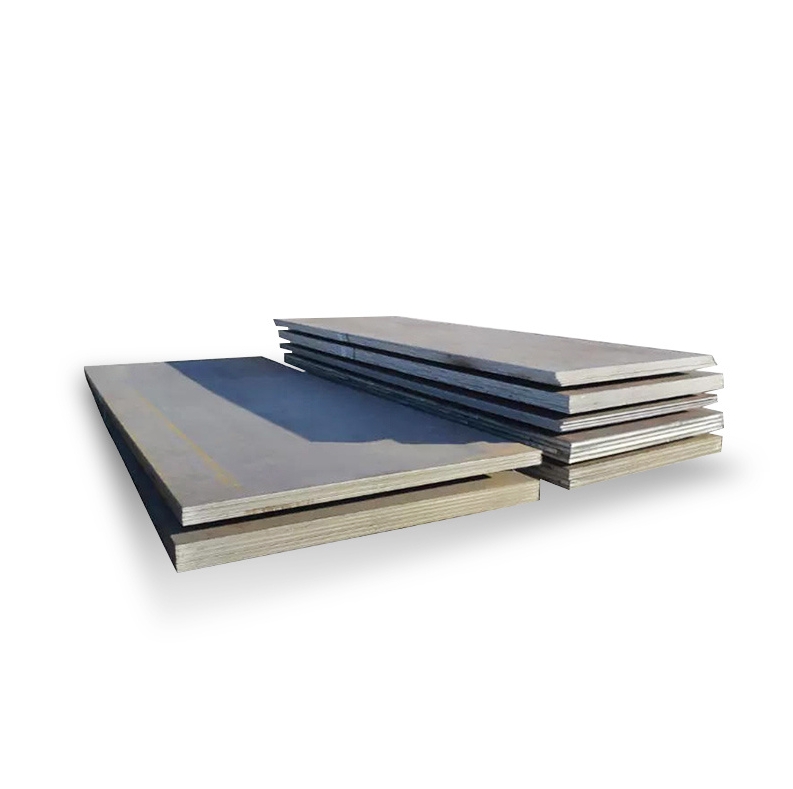Understanding the components of low carbon steel coil quotes is crucial for effective procurement in various industries. Prices are dynamic and influenced by a multitude of interconnected factors.
Factors Influencing Low Carbon Steel Coil Quotes
Several key elements determine the final price of low carbon steel coils:
- Raw Material Costs: Fluctuations in the prices of iron ore, coking coal, and scrap steel are primary drivers.
- Market Demand and Supply: Global and regional consumption patterns versus production capacities significantly impact pricing. Increased demand often leads to higher prices.
- Production Costs: These include energy consumption, labor wages, and the technology employed in the steelmaking process. Efficient producers, such as Shanxi Luokaiwei Steel Company, often leverage economies of scale and advanced processes to manage these costs.
- Grade and Specifications: The specific grade of low carbon steel (e.g., Q195, Q235, SAE 1006, SAE 1008, SPCC, DC01) dictates its properties and cost. Furthermore, requirements for thickness, width, coil weight, temper, and any surface treatments (like skin-passing or oiling) will adjust the price.
- Order Volume: Larger order quantities generally allow for more competitive pricing due to optimized production runs and logistical efficiencies.
- Logistics and Shipping: Transportation costs, distance from the mill to the destination, mode of transport (sea, rail, truck), and current freight rates are significant components.
- Currency Exchange Rates: For international transactions, fluctuations in exchange rates between the supplier’s and buyer’s currencies can affect the final cost.
- Trade Policies and Tariffs: Import duties, anti-dumping regulations, and other trade policies imposed by governments can add to the price.
Obtaining Accurate Quotations
To receive precise and comparable low carbon steel coil quotes, buyers should provide comprehensive information to potential suppliers. This ensures clarity and reduces a_biguity:
- Exact Steel Grade and Standard: Clearly specify the required steel grade (e.g., ASTM A1008 CS Type B, JIS G3141 SPCC-SD) and the relevant international or national standard.
- Detailed Dimensions and Tolerances: Provide precise requirements for thickness, width, and coil inner diameter (ID). Specify acceptable tolerances for these dimensions.
- Coil Weight or Outer Diameter (OD): Indicate preferences for maximum or specific coil weights or OD.
- Quantity Required: State the total tonnage needed and whether it’s for a spot purchase or a long-term contract.
- Surface Condition and Oiling: Specify requirements such as dry, lightly oiled, or heavily oiled, and if a skin-passed surface is necessary.
- End Application: Briefly describing the intended use (e.g., automotive parts, construction, pipe manufacturing) can help suppliers, including firms like Shanxi Luokaiwei Steel Company, ensure the material is fit for purpose.
- Packing Requirements: Detail any specific packing instructions (e.g., eye-to-sky, eye-to-wall, VCI paper).
- Delivery Terms (Incoterms): Clearly state the desired Incoterms (e.g., FOB, CFR, CIF) and the named port or place of delivery.
- Required Documentation: List necessary documents, such as Mill Test Certificates (MTC), certificate of origin, etc.
It is best practice to solicit quotes from several reputable suppliers to benchmark offers effectively. When dealing with established entities like Shanxi Luokaiwei Steel Company, providing such detailed information facilitates a swift and accurate response.
Evaluating Low Carbon Steel Coil Quotes
While price is a significant factor, a comprehensive evaluation of quotes involves more than just the per-ton cost. Consider the following aspects:
- Total Landed Cost: Ensure the quote is all-inclusive or clearly itemizes all associated costs such as freight, insurance, taxes, and duties to calculate the true cost to your facility.
- Quality Assurance and Compliance: Verify the supplier’s ability to consistently meet the specified quality standards. Request sample MTCs or inquire about their quality management systems. Producers such as Shanxi Luokaiwei Steel Company typically adhere to stringent quality control measures.
- Lead Time and Delivery Schedule: Assess the quoted production and delivery times against your project or inventory requirements. Reliability in meeting these schedules is paramount.
- Payment Terms: Compare the payment terms offered by different suppliers (e.g., Letter of Credit, Telegraphic Transfer, payment milestones).
- Supplier Reputation and Reliability: Investigate the supplier’s track record, industry experience, customer reviews, and financial stability.
- Technical Support and After-Sales Service: Consider the availability of technical assistance if issues arise or if further processing guidance is needed.
- Tolerance Adherence: Confirm the supplier’s capability to meet the specified dimensional and mechanical property tolerances consistently.
A meticulous assessment of these factors will enable a more strategic purchasing decision, ensuring a balance between cost-effectiveness, material quality, and supply chain reliability for your low carbon steel coil needs.



